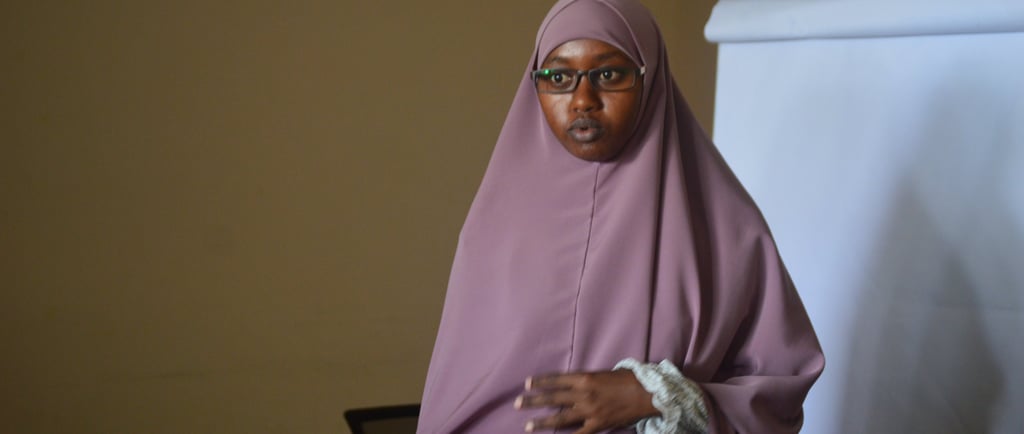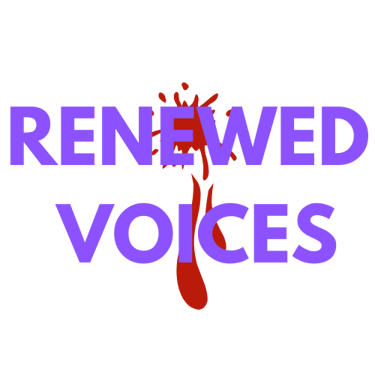From Harm to Hope:Ending Female Genital Mutilation in Kenya Through Dialogue, Education, and Survivor Leadership
Female genital mutilation (FGM) remains one of the most entrenched and harmful practices affecting girls and women in parts of Kenya. Although national prevalence has declined significantly over the last two decades—from rates in the mid-20s percent a decade ago to roughly 15%among women aged 15–49 today—FGM persists in pockets and is often concentrated within certain ethnic groups and regions. The practice typically occurs between ages 5 and 14 in many communities, and because it is bound up with rites of passage, social status, and gender expectations, simple prohibition alone has not eliminated it. That reality demands community-led, culturally sensitive strategies that combine education, alternatives to harmful rites, and sustained local ownership — not top-down messaging that alienates the very people whose support is needed for change. At Renewed Voices we approach FGM as both a public-health issue and a rights violation. Our work starts with listening: we build relationships with elders, women leaders, youth groups and faith leaders to understand local drivers and to identify trusted messengers who can speak to their communities effectively. Instead of shaming or lecturing, our community awareness workshops create safe spaces where participants can discuss the health risks, psychological impact and legal consequences of FGM, hear testimonies from survivors, and explore the links between FGM, early marriage and interrupted schooling. These conversations are designed to unpick myths, surface alternatives, and generate locally owned commitments to protect girls — because when communities choose change, it lasts. A cornerstone of our field strategy is the Alternative Rites of Passage (ARP) model. ARPs preserve the cultural desire to mark transitions in girls’ lives while removing the cutting itself. Renewed Voices helps design ARP curricula that celebrate girls, provide sexual and reproductive health education, and include parents and traditional leaders in ceremonies that confer social status without harm. We train local facilitators, support mentorship circles for girls, and monitor progress so that ARPs are credible, attractive, and sustainable. In many communities this approach has helped shift social norms: families can honour tradition and still keep their daughters safe. Because attitudes are changing fastest where young people lead, our programming invests heavily in youth empowerment and school-based outreach. We run interactive workshops in schools and youth centres that combine rights education with life skills — negotiation, decision-making, and economic options for girls who might otherwise be pushed into harmful practices. For older adolescents, we provide vocational training and pathways to income so that families see concrete alternatives to cutting or early marriage. When girls and young women can visualize a future with education and work, the social incentives for FGM weaken. Digital engagement and webinars have become essential tools in broadening reach and reinforcing offline work. Renewed Voices hosts regular webinars for community leaders, teachers, health workers and social workers that cover legal protections, clinical care for survivors, and how to run safe and persuasive community dialogues. We also produce short, shareable media — radio scripts, social posts and video testimonies — tailored to local languages and cultural contexts so messages can travel through trusted community channels. Online training allows us to cascade knowledge rapidly to remote counties, to coordinate with partners, and to keep momentum between in-person campaigns. Partnerships are integral to our model. We collaborate with health facilities to ensure survivors receive trauma-informed medical and psychosocial care, and we work with local government, churches, mosques and civil society networks to amplify prevention messaging. By aligning activities with existing national commitments and engaging faith and traditional leaders publicly, our workshops often translate into local pledges, public declarations and enforceable community by-laws that protect girls. We also support survivors to become advocates themselves — training them to speak at community meetings and lead peer education — because survivor leadership is a powerful agent for norm change. Ending FGM requires patience, funding and relentless community engagement. Renewed Voices measures success not only in the number of workshops run or webinars held, but in changed attitudes, the adoption of ARPs, returning girls to school, and public commitments by leaders to abandon cutting. If you want to support this work, you can donate to scale workshops, sponsor facilitator training, or partner with us to host webinars and media campaigns. Together we can accelerate the cultural shift that will keep girls safe, healthy and free to choose their own futures.
Muhubo Idle
8/31/2025


Empowering survivors' lives.
